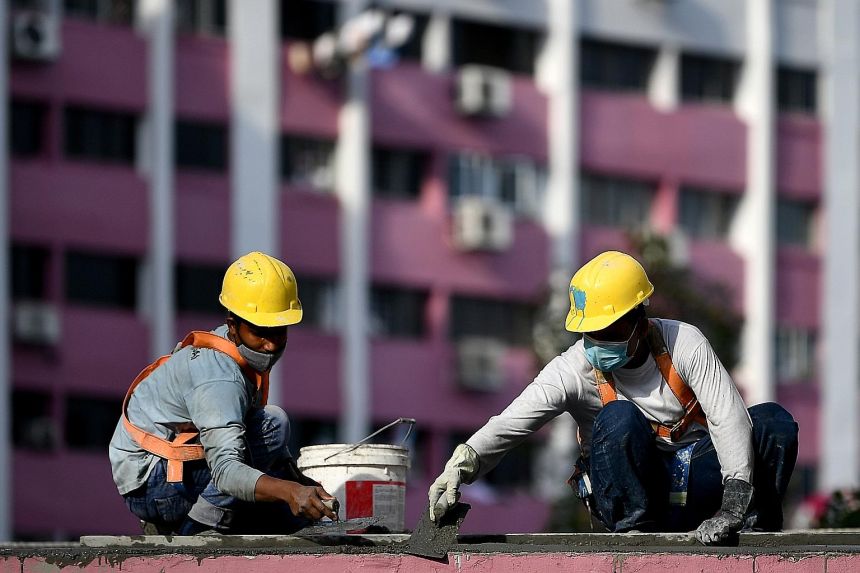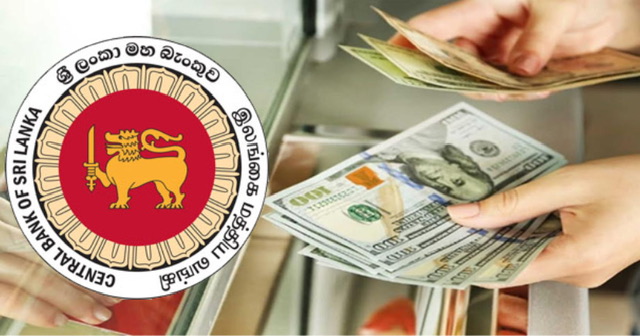
How Your Hard-Earned Money Abroad Reflects on Sri Lanka’s Foreign Currency Reserve
Introduction
Sri Lanka, like many developing countries, depends significantly on remittances from its citizens working abroad. These remittances form a substantial part of the country’s foreign currency reserves, helping to stabilize the economy, manage imports, and reduce fiscal deficits. But how does your hard-earned money abroad reflect on Sri Lanka’s foreign currency reserve? This article delves into the process, tracing the journey of your funds from abroad to its impact on the Sri Lankan economy.
The Importance of Foreign Currency Reserves

Foreign currency reserves are assets held by a central bank in foreign currencies. They are crucial for various reasons:
- Facilitating Trade: Ensures payments for imports and foreign debt obligations.
- Stabilizing Currency: Helps stabilize the local currency against fluctuations in the global market.
- Enhancing Economic Confidence: A strong reserve builds investor confidence and creditworthiness.
- Managing Economic Crises: Acts as a financial buffer during economic downturns.
For Sri Lanka, remittances from its diaspora play a pivotal role in maintaining these reserves. The money you send abroad doesn’t just reach your family; it uplifts the nation’s economic stability.
Steps in the Remittance Process
1. Earning Money Abroad
You work hard abroad, earning income in foreign currency. Whether as a skilled worker, entrepreneur, or professional, your earnings in USD, EUR, CAD, or any other currency become a vital lifeline for Sri Lanka’s economy.
2. Selecting a Transfer Method
- Banks: Traditional banks offer reliable, albeit slower, money transfer services.
- Online Platforms: Services like PayPal, Western Union, and MoneyGram are increasingly popular for their speed and convenience.
- Exchange Houses: Specialized remittance companies provide competitive rates for international money transfers.
3. Sending Money Through Official Channels
Using official channels ensures that your funds contribute to the economy. These institutions record your transfers and convert foreign currency into Sri Lankan Rupees (LKR) for your recipient.
4. Receiving Money Locally
Your family or business in Sri Lanka receives the money in their bank account or through a remittance agent. The foreign currency enters the Central Bank’s reserves while the equivalent amount in LKR is credited to the recipient.

The Economic Route Map of Your Money
1. Entry into Foreign Exchange Reserves
When your remittance arrives in Sri Lanka, it is converted into LKR, and the foreign currency is deposited into the Central Bank’s reserves. This increases the country’s reserve pool, enhancing its ability to handle imports and debt obligations.
2. Distribution to Local Economy
The money is spent by your family or business on goods, services, and investments. This circulation of funds boosts local businesses, creates jobs, and contributes to tax revenue.
3. National Impact
- Imports: A strong reserve allows the government to import essential goods like fuel, medicine, and food.
- Debt Management: Helps in repaying international loans, avoiding default.
- Currency Stability: Supports the LKR against depreciation, reducing inflation.
Physical Money Transfers: Process and Timing
Route of Transfer
- Sender’s Bank: Your money is first debited in the foreign country.
- International Clearing: Transferred through international banking networks.
- Recipient’s Bank: Deposited into the recipient’s local account in LKR.
Timing
Most transfers take 1-3 business days. Factors like the transfer method, bank holidays, and intermediary banks can affect the duration.
Physical Conversion
Although digital in nature, the Central Bank counts these inflows as part of its tangible foreign currency reserve.
Benefits of Using Official Channels
1. Transparency and Security
Official channels ensure your money is tracked, reducing risks of fraud and loss.
2. Contribution to Economy
Your transfer adds to the official reserves, directly benefiting the nation.
3. Compliance with Laws
Avoids legal complications associated with unofficial or illegal methods like hawala.
Impact on the Economy
1. Boosting Foreign Reserves
Every dollar you send strengthens the reserve, enabling the country to:
- Pay for essential imports.
- Repay foreign debts.
2. Stabilizing Exchange Rates
Increased reserves help the Central Bank intervene in forex markets, preventing excessive depreciation of the LKR.
3. Enhancing Economic Stability
With higher reserves, the government can plan infrastructure projects and social programs, creating a more robust economy.
4. Attracting Investments
A healthy reserve improves the country’s credit rating, encouraging foreign investors.
Challenges in Remittance Utilization
- High Transfer Costs Transaction fees and unfavorable exchange rates can reduce the amount your family receives.
- Informal Channels Money sent through unofficial methods doesn’t contribute to foreign reserves, weakening the economy.
- Economic Dependency Over-reliance on remittances can make the economy vulnerable to global financial shifts.
Maximizing the Impact of Your Remittances
1. Choose Cost-Effective Channels
Research and compare transfer fees and exchange rates to maximize the amount your recipient receives.
2. Promote Financial Literacy
Encourage your family to save and invest your remittance, multiplying its economic impact.
3. Advocate for Policy Changes
Support initiatives that reduce transfer costs and provide incentives for sending money through official channels.
Conclusion
Your hard-earned money abroad is not just a lifeline for your family; it’s a cornerstone of Sri Lanka’s economic stability. By understanding the remittance process and its broader impact, you can ensure your contributions are meaningful both at a personal and national level. Every dollar counts towards building a more resilient and prosperous Sri Lanka.








